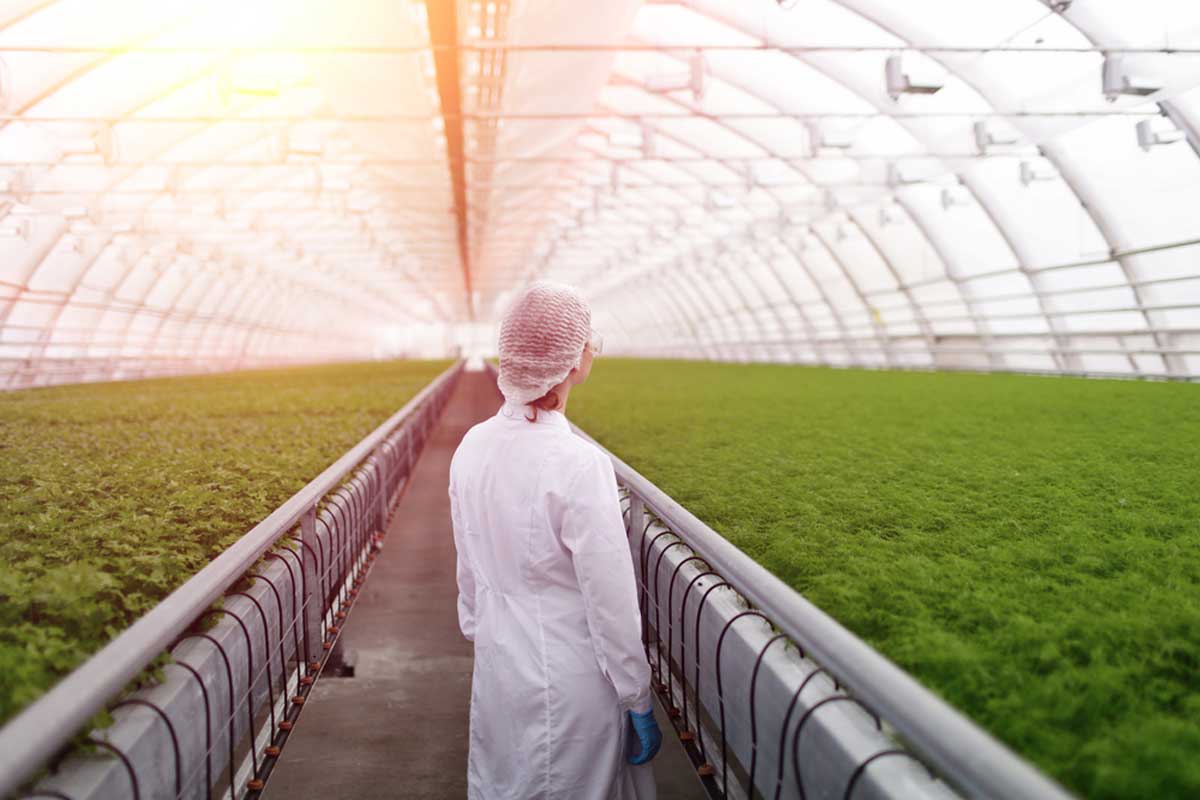Blockchain technology is transforming the agricultural supply chain, and by extension, the entire food industry. Consumers are now able to trace the source of the products they buy, and that means crop producers and manufacturers are held accountable for meeting food safety standards by multiple sources.
But how exactly does blockchain make food safer?
Establishing a decentralized supply chain is crucial to minimizing and eliminating contamination epidemics. The Center for Disease Control (CDC) estimates that foodborne illnesses affect 47.8 million people in the United States every year, resulting in 127,000 hospitalizations and more than 3,000 food-related deaths. These issues can be monitored more closely with decentralization in the food industry. If more information is readily available, there is a greater chance that these diseases can be caught and prevented.
Currently, the traceability procedures in place are not optimal for catching and preventing food safety hazards before they hit the general public. The Food Safety Modernization Act (FSMA) requires producers, manufacturers and retailers in the food supply chain to provide “one back, one up” traceability. This is a summary of where the food came from and who it was sold to. While the issue of traceability is, in fact, recognized through these requirements, this process takes far too long when a food poisoning incident occurs, due to the serial nature of the process. This, combined with a manual paper trail method of tracking down information, poses a problem in food safety procedures that can now be solved with digital technology.
Are the eggs you purchased truly cage-free? Was the daily produce delivery really grown locally and organically? Were the peanut ingredients in food products treated with an acceptable amount and type of pesticides? These are the questions that can be answered with blockchain technology and increased transparency in crop and commodities trading. Food industry experts are looking for ways to improve safety procedures, and retailers are looking for ways to assure their customers that those procedures are being followed. Blockchain addresses both.
Information stored in a blockchain is immutable, which means it cannot be altered or tampered with. This absolute data provides further credibility and assurance to retailers and consumers as they conduct business transactions. Furthermore, there is ongoing technological research and development in place to evaluate and verify that this data is not only unchangeable, but truthfully imported.
The food industry is directly impacted by technology, and more specifically, that which creates a decentralized supply chain. While there are no guarantees that blockchain technology will be the singular answer to the issue of food safety, it is a valuable piece of the solution. The more transparency that is available to consumers, the more informed decisions can be made, resulting in safer products and higher quality food.





